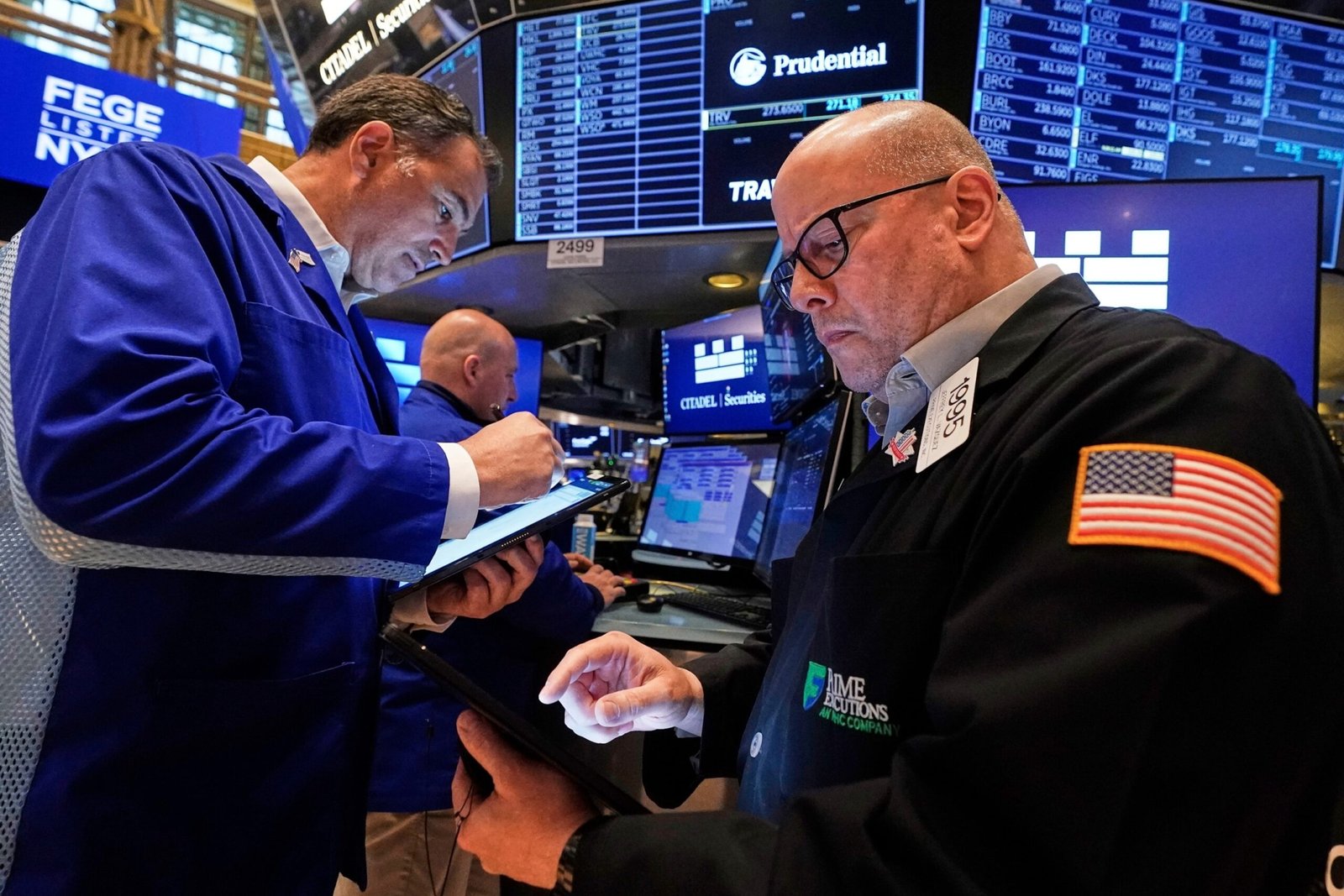Stocks close higher after mixed decisions about Trump’s tariffs

The shares closed higher on Thursday after a panel of federal judges prevented President Donald Trump to slapped some of his long -range rates over China and other important commercial partners of the United States.
However, a Federal Court of Appeals moved to temporarily restore tariffs on Thursday afternoon, leaving the final destination of politics uncertain.
The industrial average Dow Jones closed 117 points, or 0.2%, while the S& P 500 increased 0.4%. The technological heavy nasdaq rose 0.3%
The United States International Trade Court ruling on Wednesday night marked a great blow to Trump’s tariff policy, invalidating taxes in dozens of countries presented at a rose garden ceremony that Trump had called “Liberation Day.”
Less than a day later, an appeals court chose to revive policy for administrative reasons, giving the judges additional time to weigh the case.
A set of tariffs centered on Mexico and Canada on its supposed role in the Fentanilo trade would also be a victim of the ruling of the United States International Court, if it ends up being confirmed. The decision would also invalidate a 10% rate imposed on the goods of almost all countries.

Merchants work on the floor of the New York Stock Exchange, on May 29, 2025.
Richard Drew/AP
The Trump administration appealed the ruling in a matter of minutes from Wednesday night.
The ruling focused on the unprecedented invocation of Trump of international economic emergency powers acts as a legal justification for tariffs.
The 1977 law allows the President to stop all transactions with a foreign adversary that represents a threat, including the use of tools such as sanctions and commercial embargoes. But the measure does not explicitly allow tariffs, putting Trump in unproven legal territory.
Wednesday’s ruling offered Trump administration up to 10 days to stop tariffs.
Even before the Court’s decision, Trump had retreated some of the taxes in question.
A commercial agreement between the United States and China earlier this month cut Tit tariffs by eye between the two largest economies in the world and caused an increase in the stock market. In a matter of days, Wall Street companies softened their recession forecasts.
The US-China agreement arrived weeks after the White House stopped reciprocal tariffs. Trump relieved the duties of some goods from Mexico and Canada.
The ruling did not affect the specific rates of the sector used under separate legal statutes, including the levies aimed at cars, steel and aluminum.







